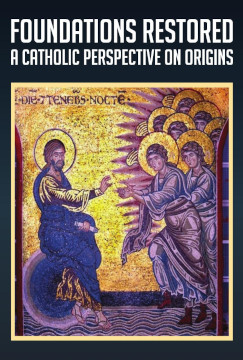- Welcome to St. Isidore forum.
News:
"Omnis enim res quæ dando non deficit, dum habetur et non datur, nondum habetur quomodo habenda est." ("For a possession which is not diminished by being shared with others, if it is possessed and not shared, is not yet possessed as it ought to be possessed.") —St. Augustine, De doctrina Christiana lib. 1 cap. 1
Prudence Question
Started by tacf, November 22, 2023, 10:57:56 PM
Previous topic - Next topic0 Members and 4 Guests are viewing this topic.
User actions






